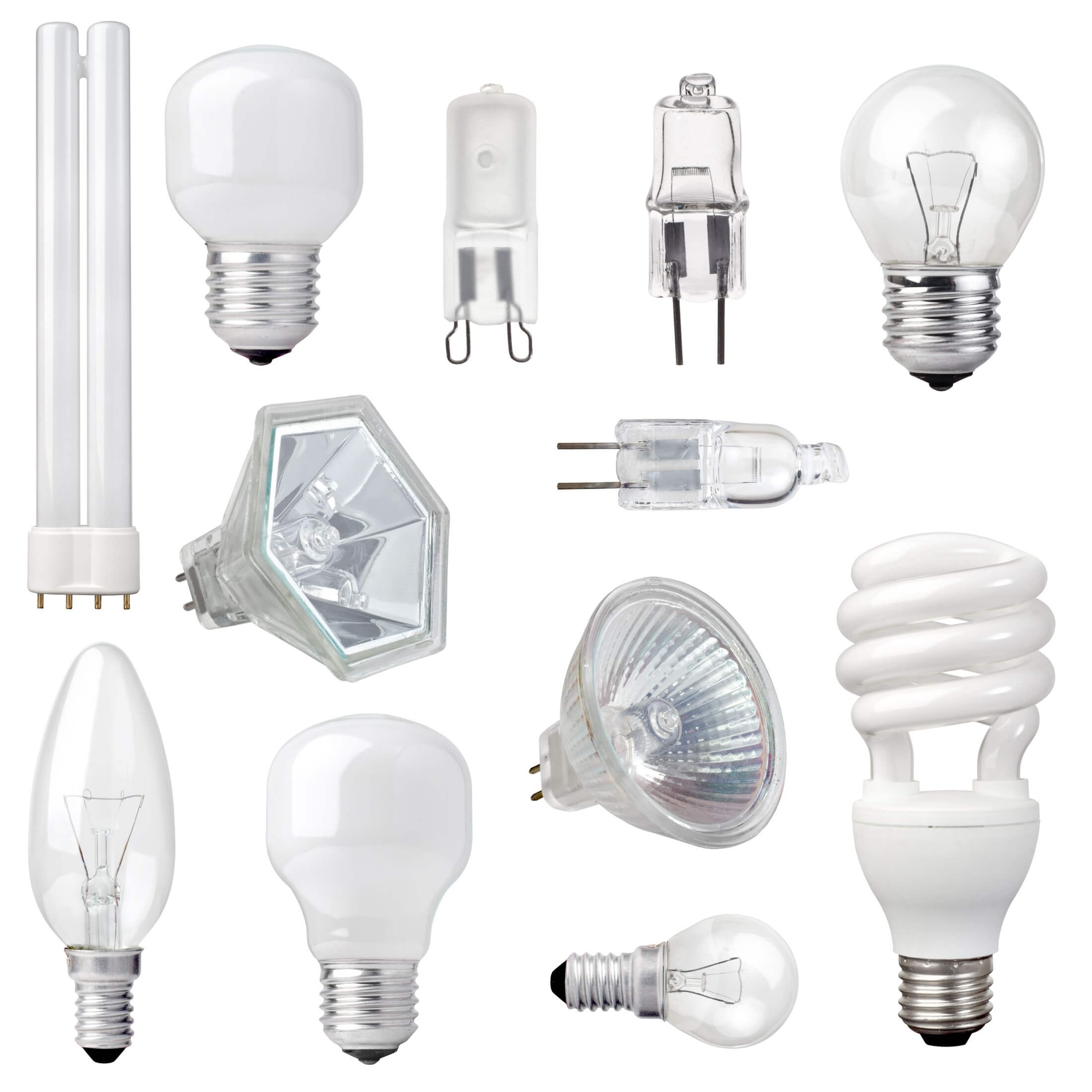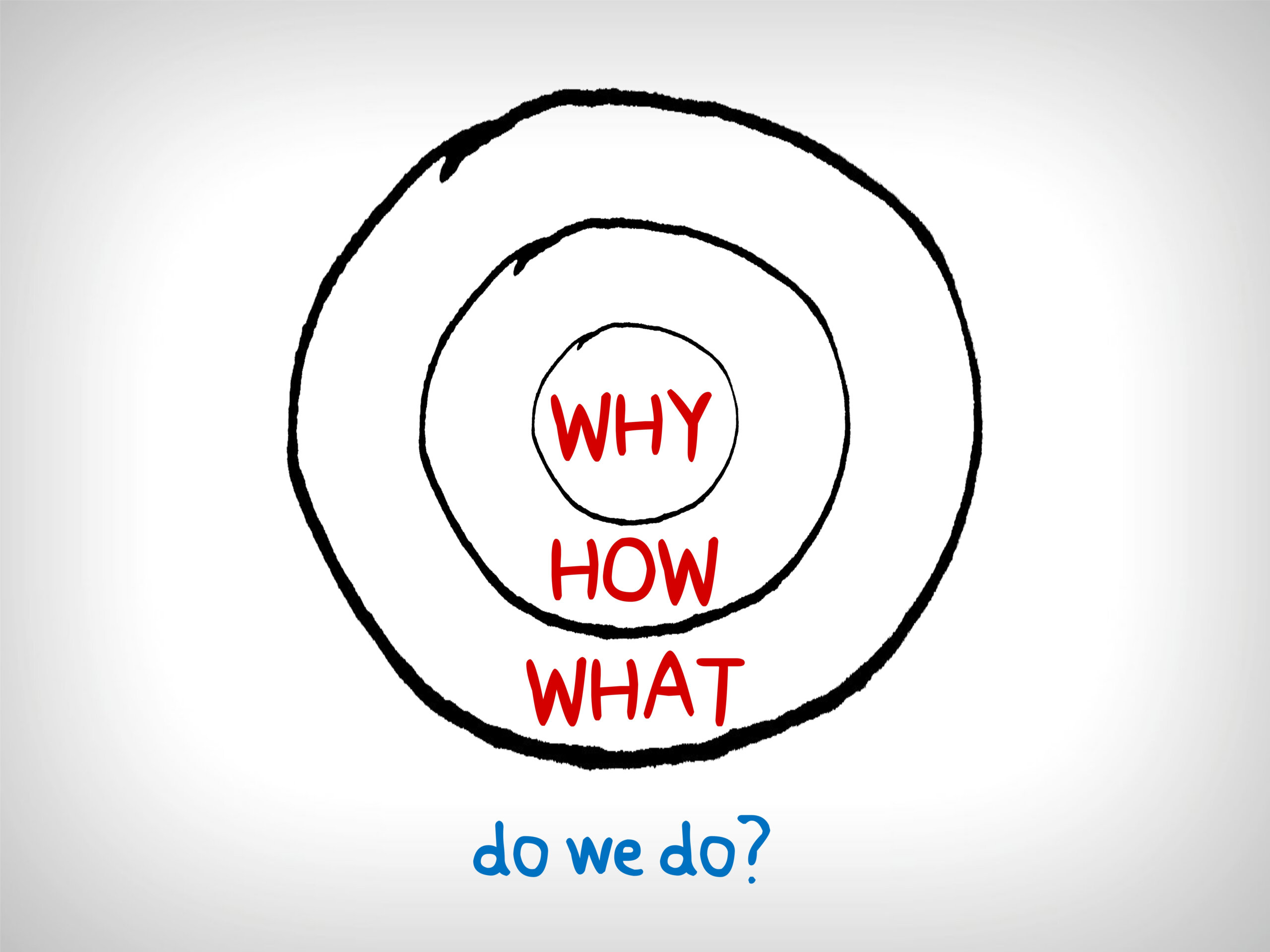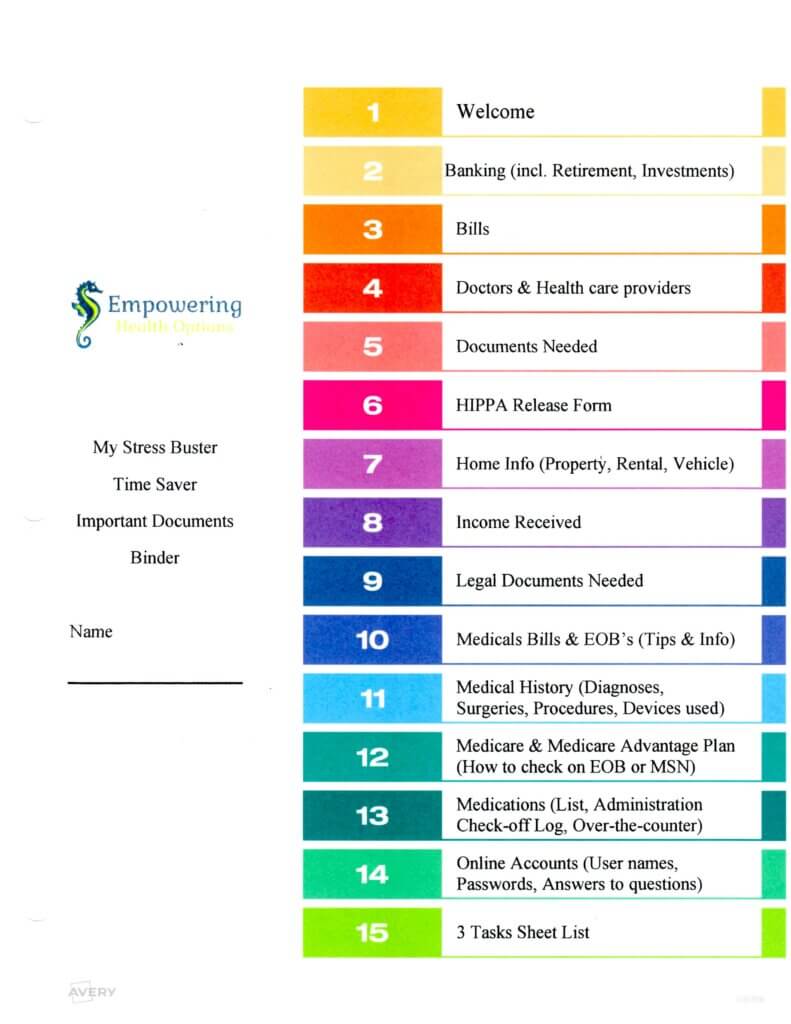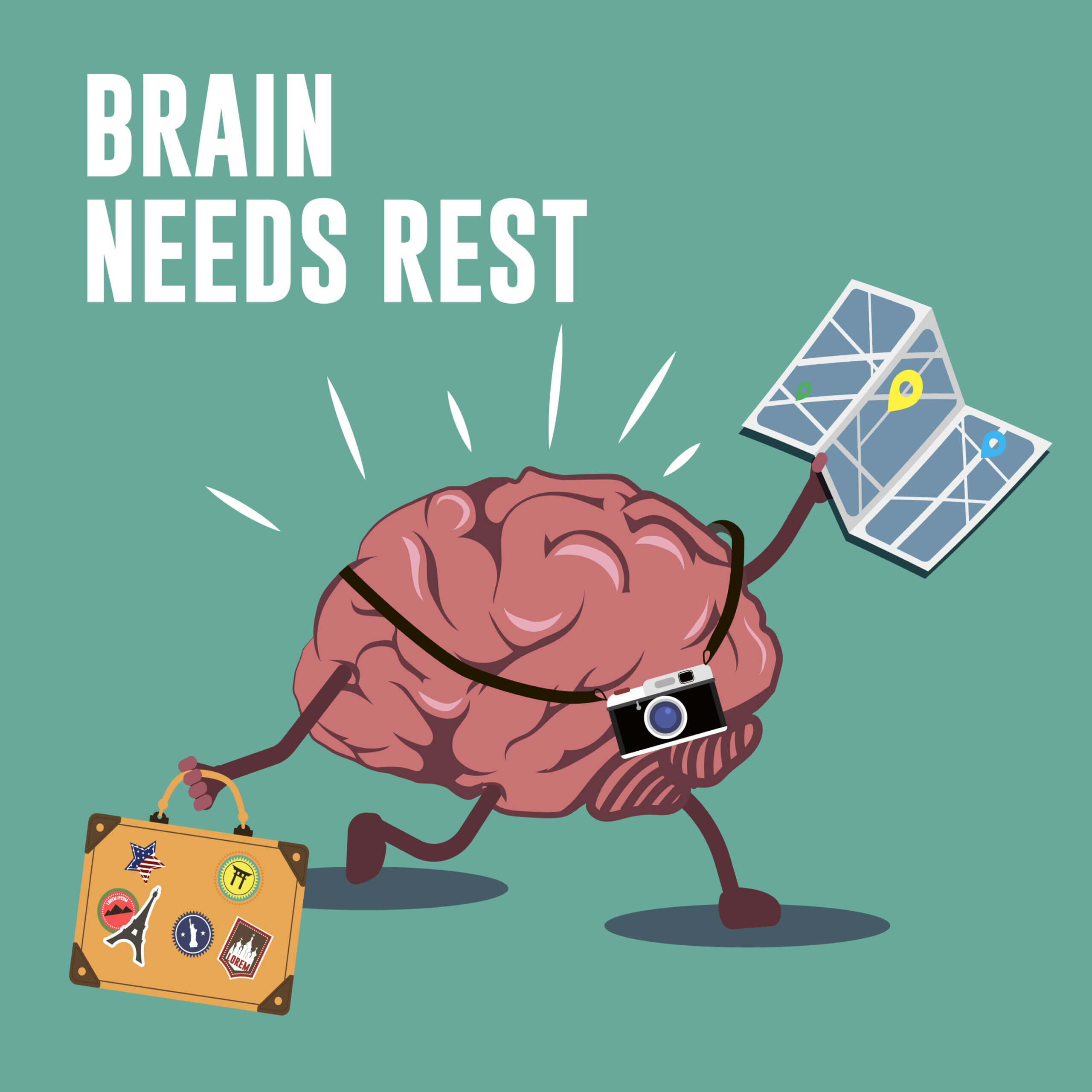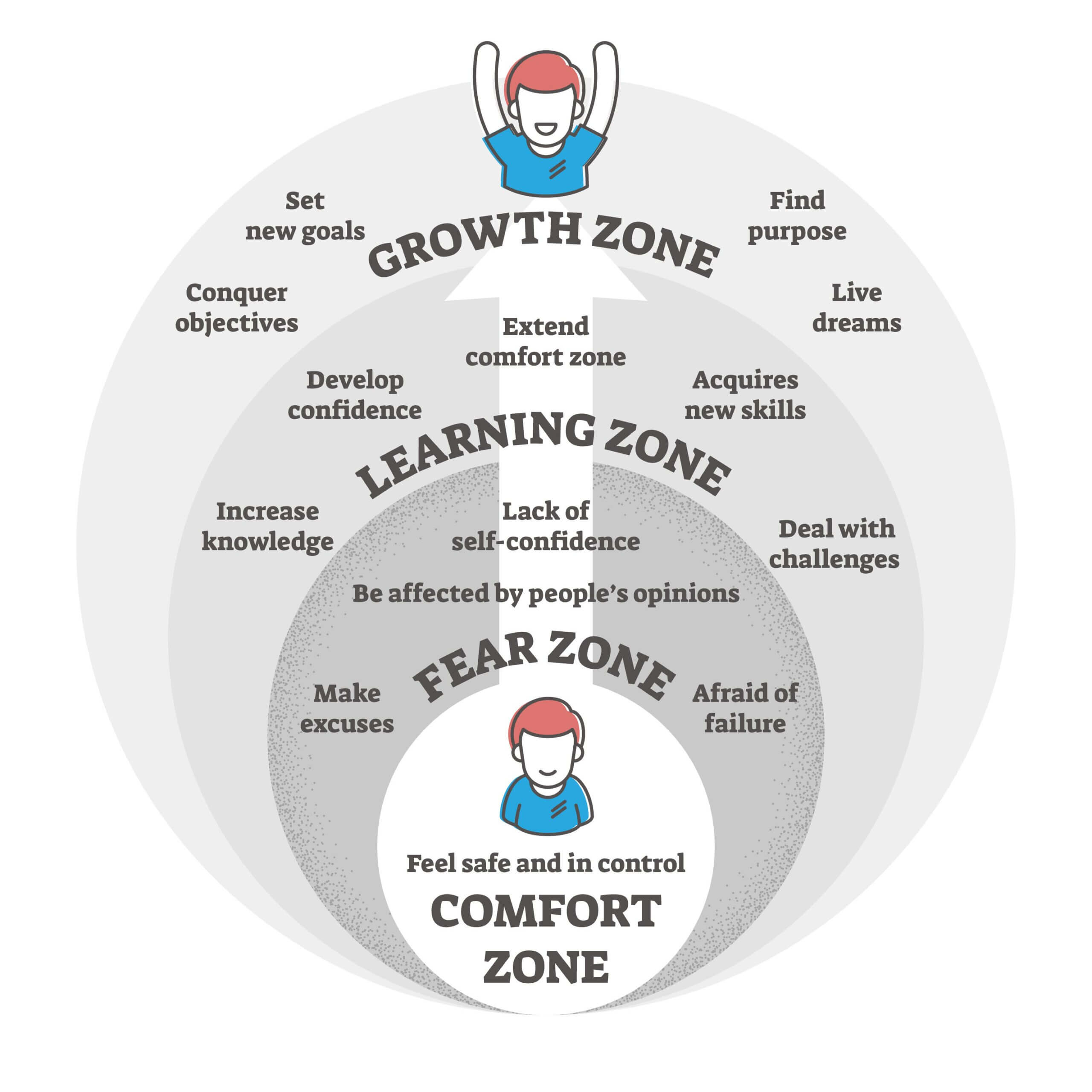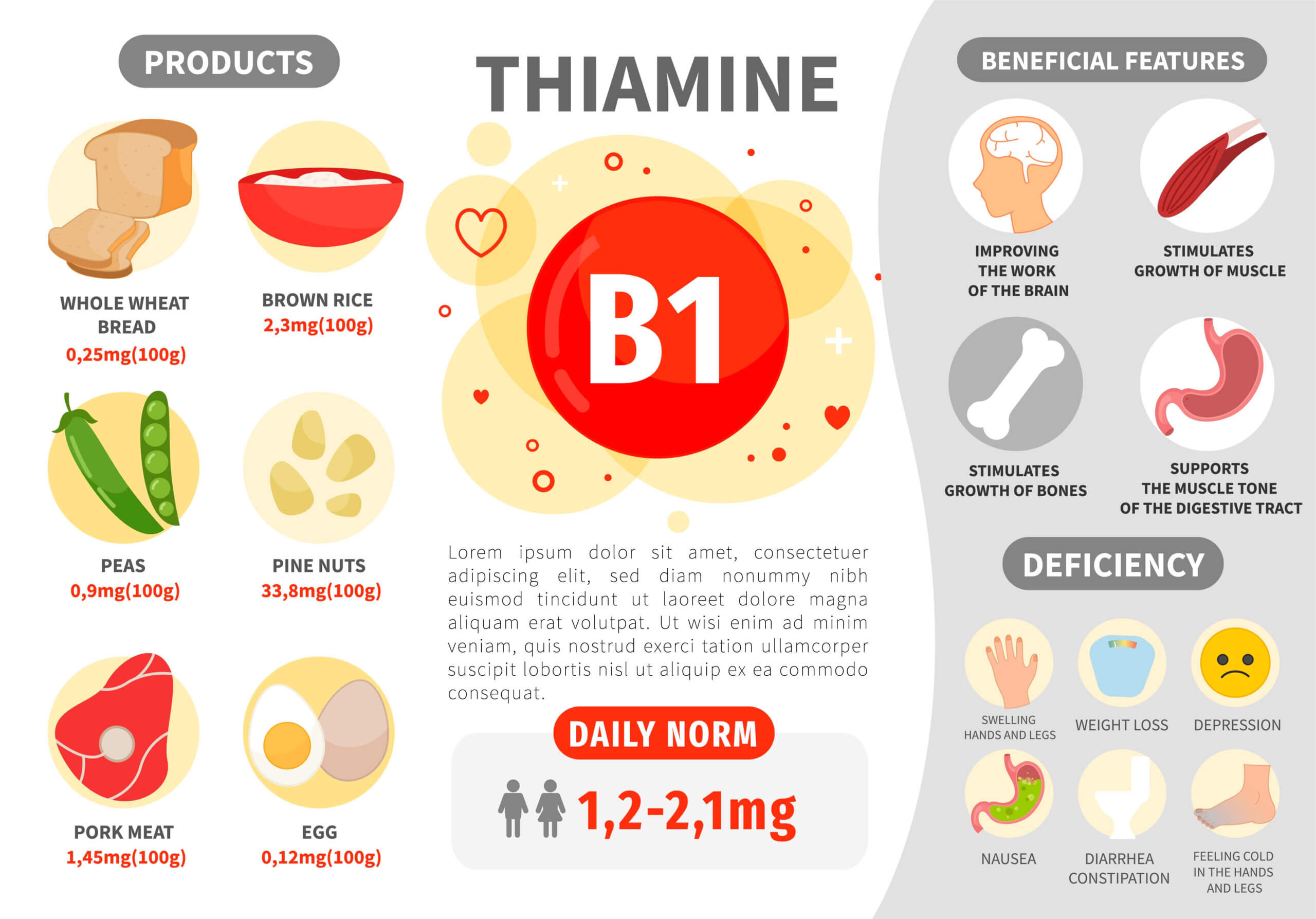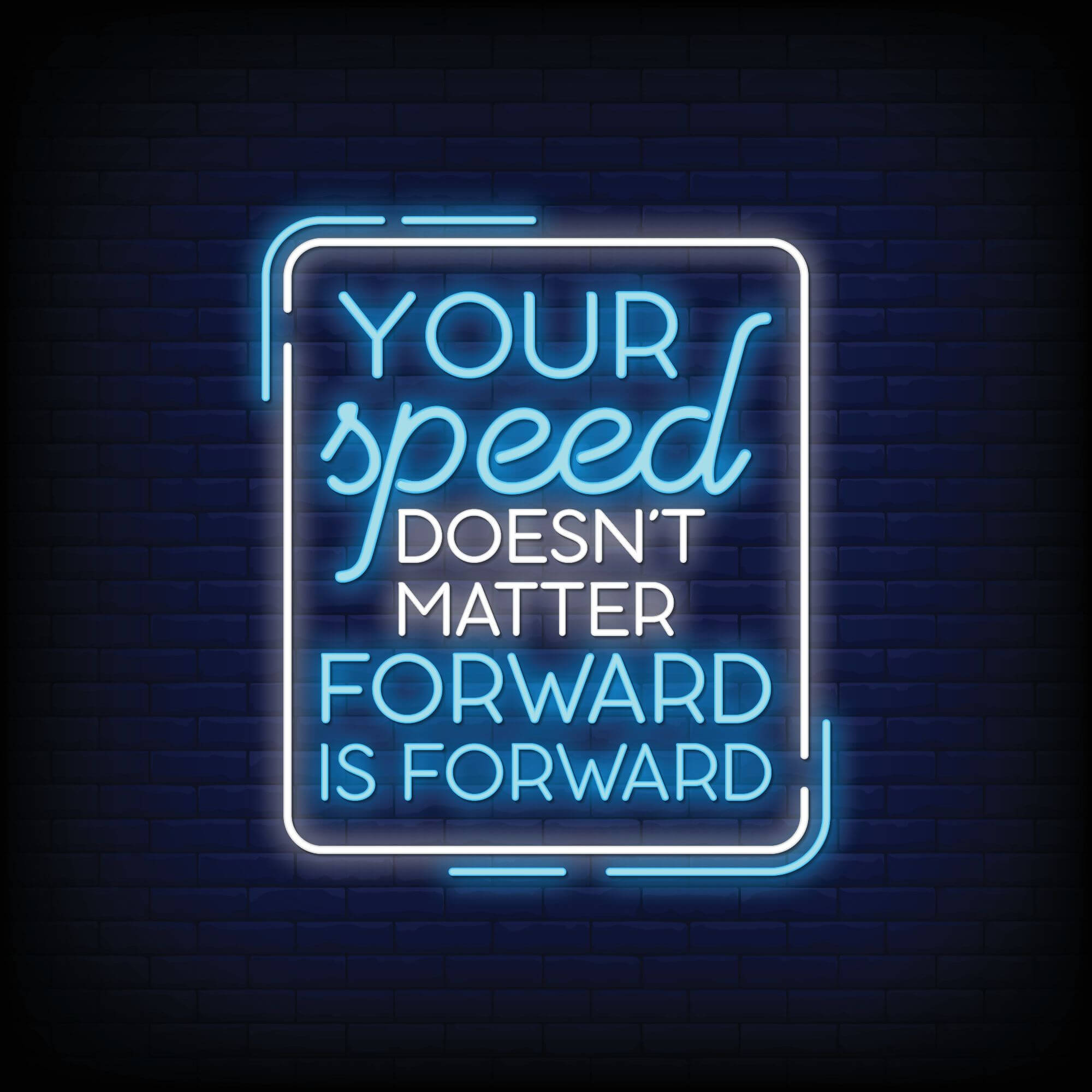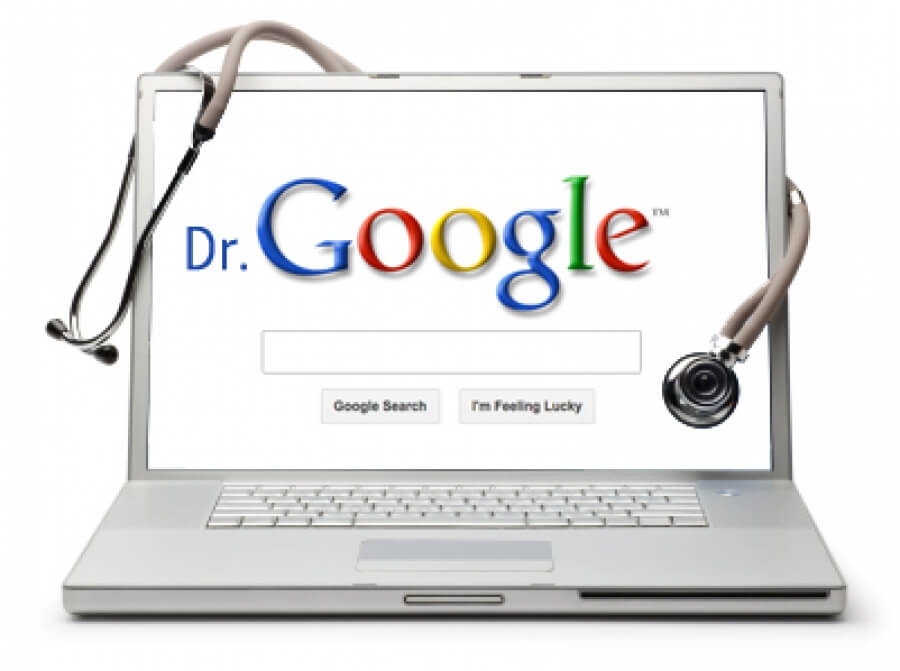
While we may not be finished with Winter weather, Springtime weather is peeking through, and with that comes a host of spring allergy issues for those of us sensitive to those allergens. The aggravating headaches will not go away and have you wondering if it is a stress-type headache, a beginning migraine, or because you are stuffed up. It could be any or all of these allergy symptoms at the same time. Dang allergy season.
Your eyes may feel like sandpaper or they are burning and itching so bad that you want to scratch them out. You try not to rub them, but sometimes the need for relief wins. Your nose is stuffed up, on both sides and it is hard to breathe. Don’t forget about the other sinus cavities that can be congested. We have 4 pairs. These allergy symptoms may trigger all kinds of allergic reactions.
Scratchy or sore throat from the drainage. Sneezing and coughing to clear mucus from the irritated pathways. The mucus is clear in allergies. If you have mucus that is yellow or green colored, that usually points to a cold. Some folks even develop hives. What is causing this misery and how long will it last? The most common culprits are tree pollen, grass pollen, mold, and dust mites.
March 7, 2023
Don’t forget about the body aches and tiredness that may happen. Did you know that they could be caused by an allergen? A slight temperature increase may also happen in some folks. Not a fever, but a degree or two increase. Just enough to make you feel bad and tired.
Seasonal allergies are caused by the immune system that has been overloaded and is now overreacting to some “stimulus.” The stimulus in seasonal allergies may come from a variety of sources. Check your local area for the pollen count. You may also use the American Academy of Allergy Asthma & Immunology website:
Trees in East Tennessee that may trigger seasonal allergies:
· Oak
· Hickory
· Birch
· Maple
· Cedar
· Walnut
Grasses in East Tennessee that may trigger seasonal allergies:
· Bermuda
· Bent
· Timothy
· Sweet Vernal grass
Pollen in East Tennessee that may trigger seasonal allergies:
· Ragweed
· Wormwood
Common Molds that trigger an allergy:
· Alternaria
· Aspergillus
· Cladosporium
· Penicillium
Mildew is also a type of mold that may trigger an allergic reaction.
If you ever feel like your throat is closing off, go to your doctor or allergist. I understand it may close off for a few seconds when an allergen is near, but if it continues longer than a few seconds or seems to get worse go to your doctor. If you have asthma or COPD you must treat the allergy so you can have better control over asthma or COPD.
Immune Response Diagram
A trigger causes a histamine release and an immune response.
Look at all that. It is a good thing that our bodies know what to do, isn’t it?
Oops! I almost forgot about the 4 pairs of sinus cavities:
Frontal sinuses – Just above each eye
Maxillary sinuses – Sit behind the cheekbones
Sphenoid sinuses – behind the eyes and way back, near the optic nerves & pituitary gland
Ethmoid sinuses – separated into the front, middle and rear groups (about 6 -12 tiny air sacs) they are behind the nose
Pain locations:
· Side of nose
· Temple area
· Eyes
· Jaw
· Teeth
· Back, Neck, or Joint pain – due to inflammation
· Muscle aches – due to inflammation
· Headache
Treatments to help alleviate symptoms that allergy triggers cause:
Home
1. When you come inside for the day, take a bath or shower to get rid of the pollen on your body and hair. Change your clothes.
2. Stay well hydrated.
3. Clean and dust your house regularly to get rid of pollen and dust mites
4. Use a HEPA filter/HEPA Air Purifier to help get rid of dander, dust, and such.
5. Change sheets weekly (best sheet materials include – bamboo, cotton, Tencel, or silk)
6. Use air conditioning in your house and car (recirculated air)
7. Do not hang clothes outside to dry
Reducing your exposure to your allergy trigger:
1. Stay inside on dry, windy days.
2. Avoid lawn mowing or pulling weeds.
3. Wear a face mask when outdoors.
4. Close doors and windows at night or when pollen counts are high. They are high in the early morning, too.
5. Avoid outdoor activity in the early morning, when pollen counts are highest.
Over-the-counter allergy medications
1. Antihistamines – (there are both sedating (sleep-causing) and non-sedating antihistamines)
These meds help with itchy watery eyes, drainage, and skin itching
These meds do not increase your blood pressure
2. Decongestants – help with nasal congestion. These meds can cause you to feel jittery or wired and may keep you awake. Decongestants are meds that will increase your blood pressure. Decongestants are not recommended for people with heart disease, high blood pressure, thyroid disease, diabetes, or in men with enlarged prostates or with difficulty urinating.
3. Steroid Nasal Sprays – to decrease swelling and congestion
4. Cromolyn Sodium nasal spray – helps with sneezing, runny nose, or itching – Prevents mast cells from releasing substances in the immune response cascade.
5. Decongestant nasal sprays should only be used for 2 days and not more than 3 days or you will probably develop rebound congestion due to the nasal spray. I do not recommend these types of sprays because they can cause more problems than they are worth. Place a little Vick’s vapo-rub under your nose, if needed.
Rinsing your sinuses
1. Using normal saline nasal spray or rinse to clear the nose, moisten nasal passages
2. Using at-home products – Neti pot or other nasal irrigation devices to clear out sinuses. Be careful – you must take care of your devices and clean them as directed. Let them air dry as directed. NEVER use tap water! You must use distilled or sterile water in these irrigation devices. If you are using salt or saline in your device always check to be sure that it is USP-grade sodium chloride and sodium bicarbonate, 99.99% NON-iodized salt, or pharmaceutical grade. Clean your irrigation device as directed by manufacturer instructions.
Tap water is not adequately treated or filtered to be used in medical devices or in nasal irrigation products. Using tap water in these devices may cause serious and even deadly infections.
Alternative treatments
1. Things like Spirulina, Butterbur, or other herbal remedies may help, but they have not been verified or proven to help with an allergy.
2. Acupuncture or Acupressure may help, but has not been proven to help.
Multi-use over-the-counter products
Don’t buy them. Take only what you need when you need it. A lot of those types of products contain acetaminophen (Tylenol®) and you can find yourself taking way too much. The only multi-use over-the-counter product I recommend is Robitussin-DM® (dextromethorphan and guaifenesin).
Pat



